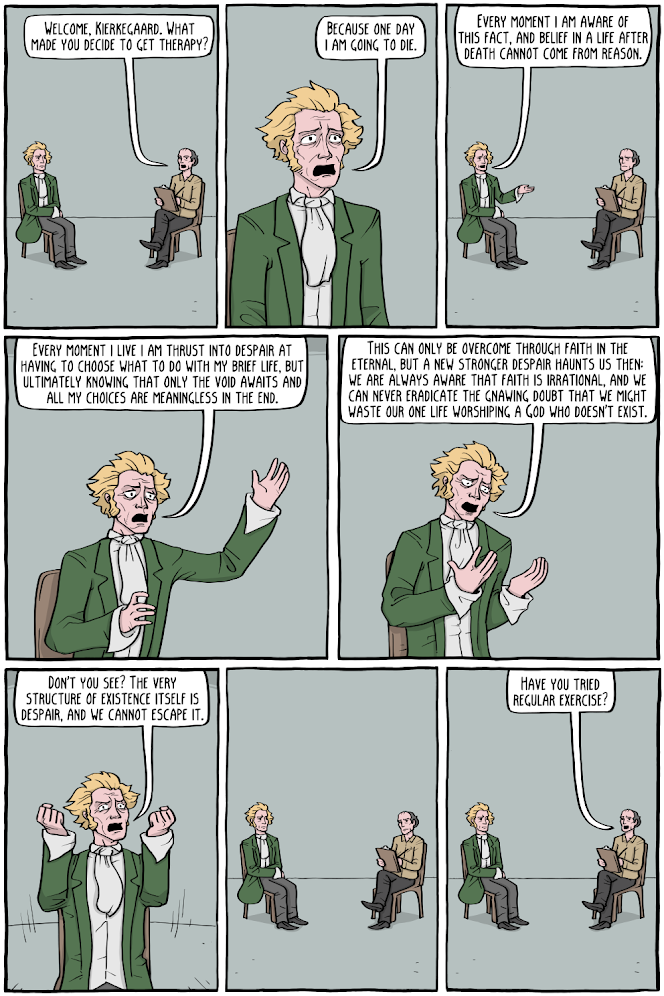Jeffrey A Lockwood:
“...In late June 1812, the Grande Armée amassed for the
invasion. Realizing that 450,000 men
would require a tremendous amount of food, Napoleon hoped to stretch his army’s
supplies by prohibiting the soldiers from touching their rations while crossing
Poland. Until they reached Russia, his troops would have to live off the
land—and steal from the peasants. The troops met with no resistance from the
villagers, who were woefully impoverished and, most important, terribly infested.
Upon reaching the Niemen River marking the Polish-Russian border, the marauding
soldiers found that they had not only acquired the peasants’ stores but their
annoying vermin as well. And compared to the devastation soon to be wrought by
these six-legged time bombs, the Grande Armée’s plundering of Poland would look
like a diplomatic mission of mercy. While spending two weeks in Vilna to rest
and recover, Napoleon’s men began to develop raging fevers and rashes on their
chests and backs. Over the next few days, the debilitating fever persisted and
the rash spread to cover a victim’s body. After another week of severe
headaches and muscle pains, a sick soldier was spared this torment by periods
of stupor and delirium. But these respites meant that a patient’s heart and
brain were swelling with fluids, and death would come soon...”
(“Six-legged Soldiers”, 2010)
Napoleon's retreat from Moscow, 1812
Artist: Adolph Northen (1828–1876)
courtesy: Wikimedia Commons
Artist:
Frank Cotham, The New Yorker, December 2015















